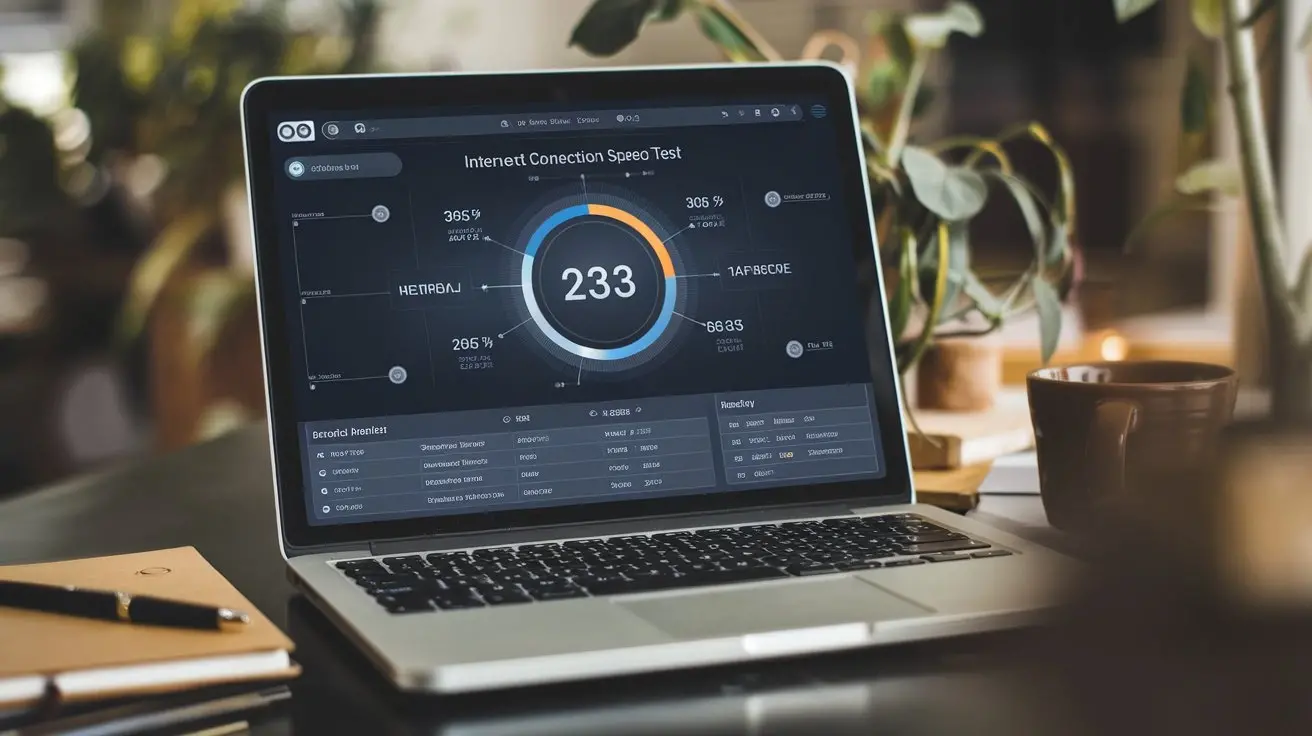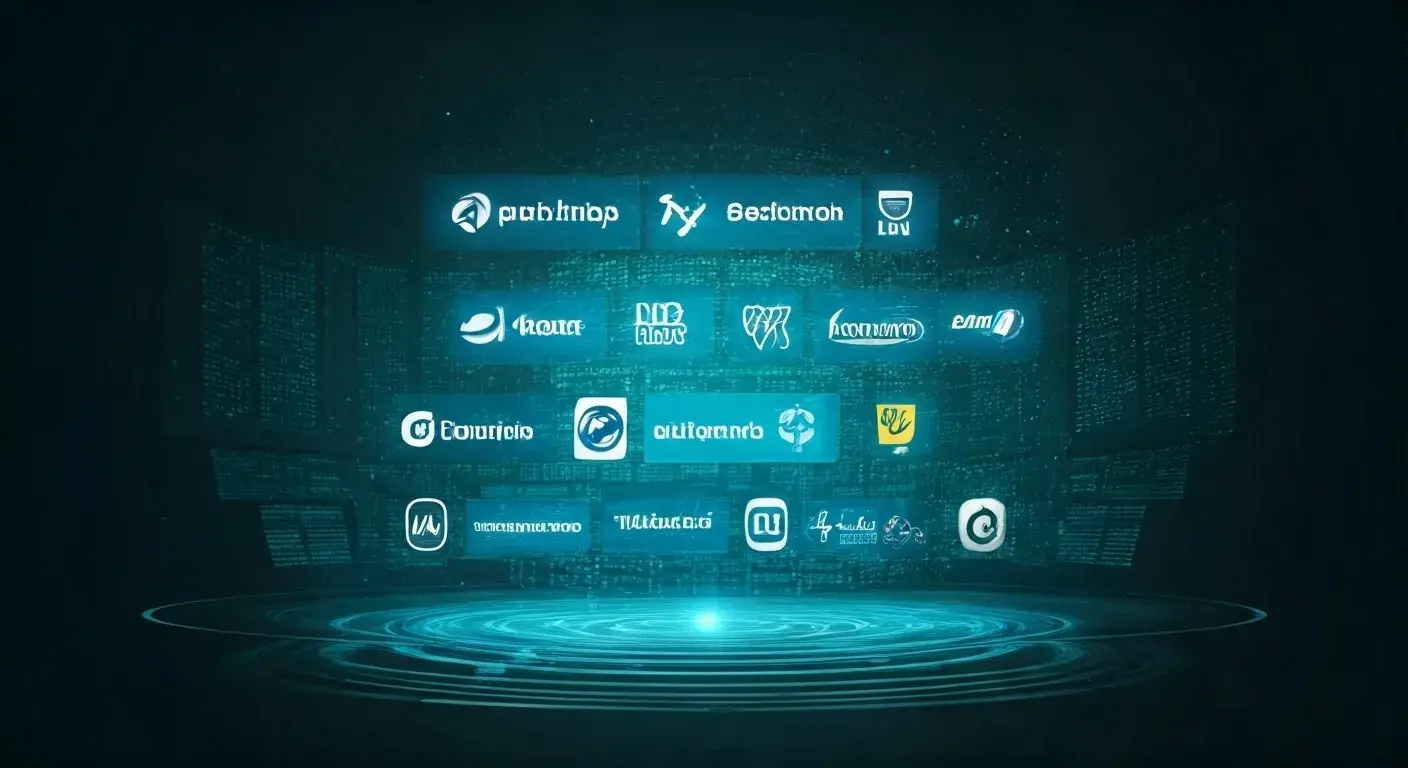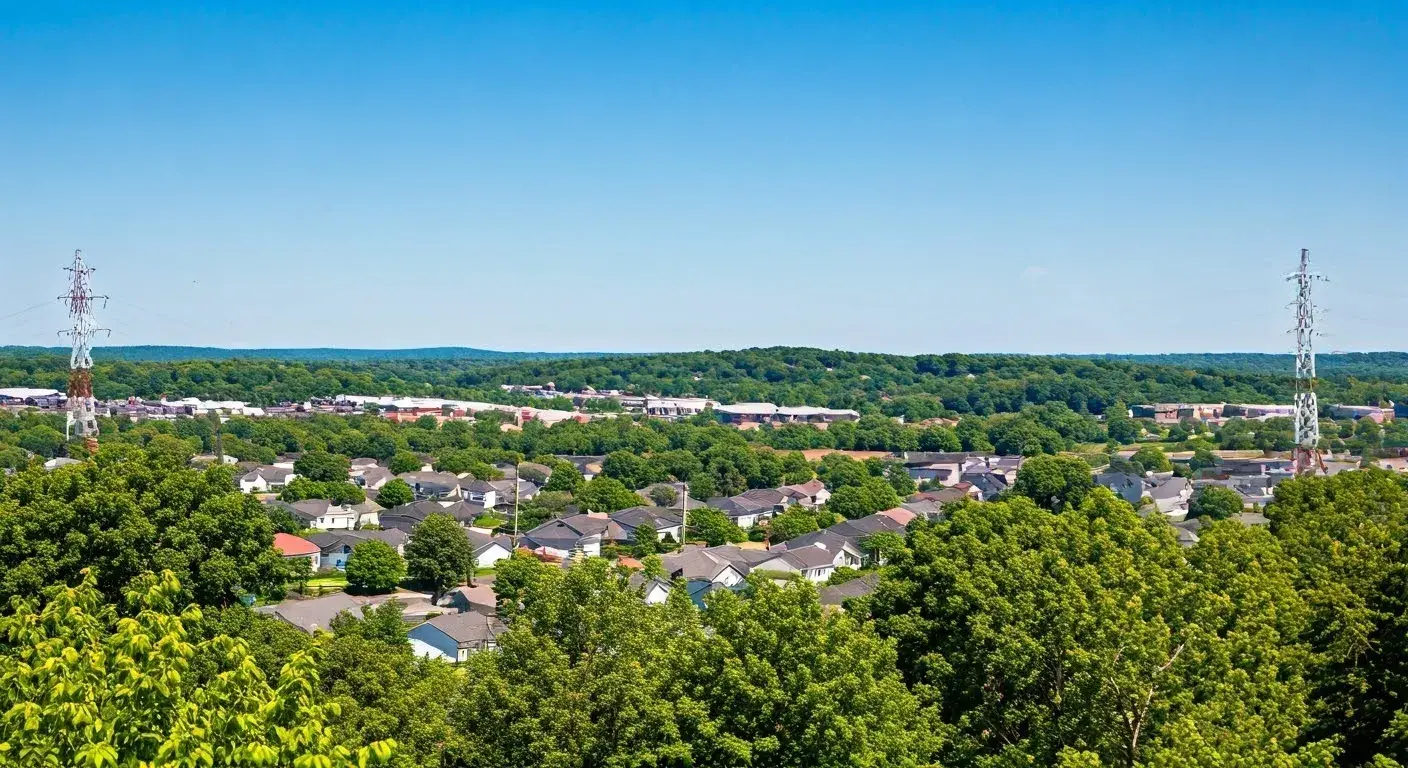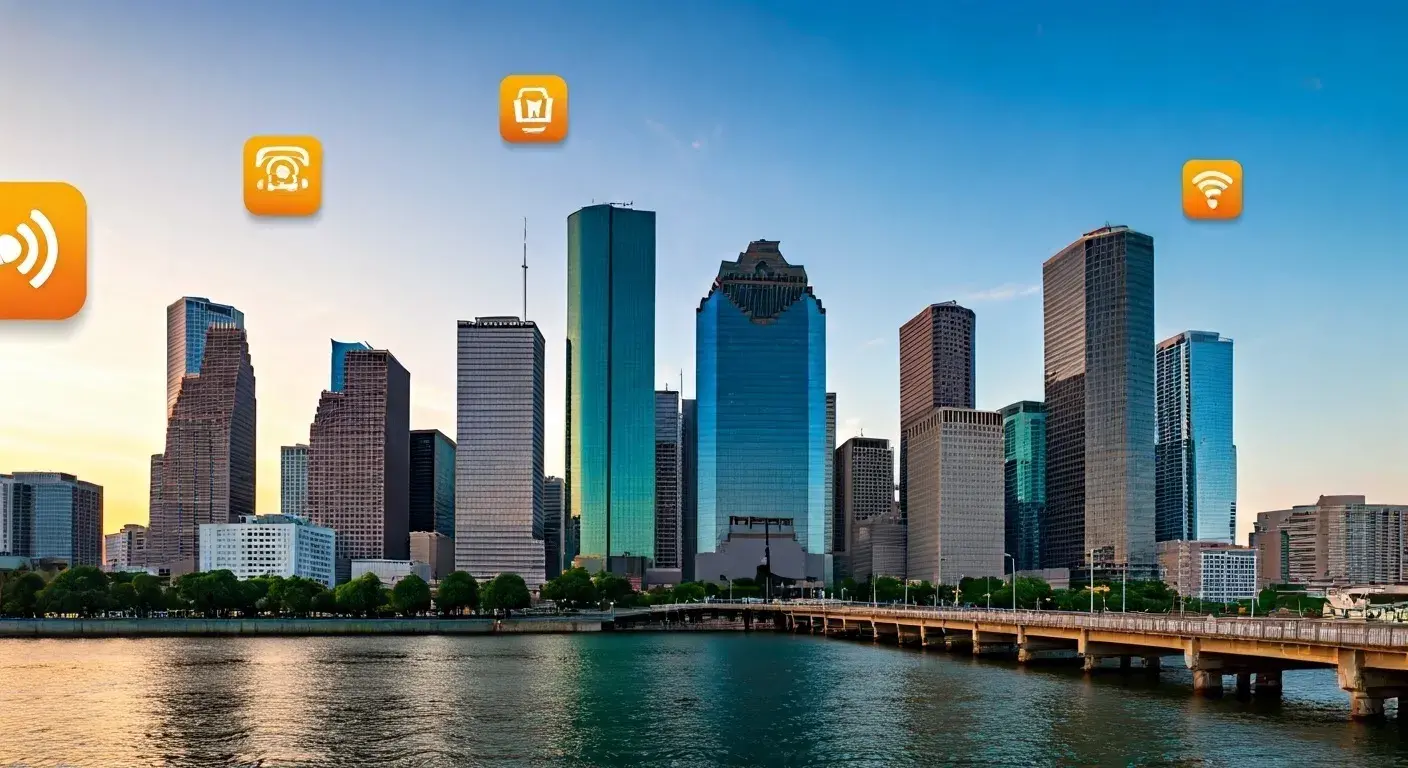
Today we cannot imagine our life without the Internet connection it has become our natural companion and assistant. It gives us a connection to the world by offering us information, means of entertainment and communication contacts. For a seamless interaction with and navigation through this new world, a good internet connection is required. In this blog, we will explore the various types of internet connections, the features of each and how to make the right decision.
1. Dial-up:
Dial-up is one of the oldest and the slowest connection types of Internet connection methods. This is designed to work over the phone line connecting to the internet through your telephone line while transmitting the data over the audio frequency bandwidth of the telephone line. Still, it is inexpensive but a slow connection and constant disconnection make it unfit for streaming videos or even gaming. You may not have a better option if you live in a community with few Internet choices, but as soon as you can you should switch to a better Internet connection.
2. DSL (Digital Subscriber Line):
DSL is faster than dial-up and transmits data over regular copper telephone lines. The speed of DSL depends on the distance that is taken from the phone company's central office in that, the closer one is to the office the higher the speed. DSL is good for home address usage but it may be insufficient for usage that requires large bandwidth such as streaming or gaming.
3. Cable:
Cable internet uses the same wire that brings cable TV into your home, only it also happens to deliver Internet to you. It’s just faster than DSL generally and because cable companies are in the content delivery business their Internet services come with things like a subscription to Netflix for having their Internet service. However, cable connections may be slower, depending on one’s place propinquity, particularly during periods of high traffic.
4. Fiber-optic:
Fibre optic internet is a type of internet that transmits data through thin strands of glass or plastic in terms of wavelengths of light. This technology is faster than DSL or cable, and it does not degenerate in the evening or during the day when everyone is at home. On the other hand, fibre-optic connections may be quite cost-prohibitive and may entail having to install special equipment that may not be easy to install in some areas.
5. Fixed Wireless:
Fixed wireless internet brings internet connection to homes and businesses by installation of radio links between two towers. This type of connection does not demand cabling and this makes this connection to be faster to implement as compared to the wired connection. Although, has certain limitations; it has a fair rate and efficiency which are influenced by weather conditions, the distance between the mobile device and the tower etc.
6. Satellite:
In cases where other forms of connection provisions cannot be provided then satellite internet is preferable. It sends data through communication satellites that are circling the earth, thus the link is ever active. However, it is often less fast and affordable as compared to the wired ones, and the connection quality may depend on the weather: rain, sleet, etc.
7. Mobile Broadband (3G/4G/5G):
Known as BB, mobile broadband provides web connection using cellular networks so you can connect your laptop, tablet or smartphone to the internet through mobile Wi-Fi hotspots or Wi-Fi-enabled devices. This is very handy for portable devices but it lacks stability because, like any other connection over the internet, it degrades with congestion, physical distance from the nearest cell tower, as well as congestion by users.
8. Ethernet:
Ethernet is a wired connection type that provides internet users with the fastest and most secure access to the internet. You have to use an Ethernet cable, either Cat5e, Cat6, or Cat7 to directly connect the modem to the computer or router. Ethernet connection is ideal for home networks, small enterprises, or any organization that demands a stable fast internet connection.
9. Wi-Fi:
Wi-Fi is the term that refers to wireless technology used across devices to enable access to the internet through radio waves. It is portable for the use of mobile devices, but it is slow and also its efficiency is determined by the strength of the signal as well as interference from other gadgets. To have the best experience, the router should be highly powered with the current wireless technology standards, for instance, Wi-Fi 6, and ensure that your network is well protected through the use of an ideal password.
10. Virtual Private Network (VPN):
VPN is not a type of connection but a tool that can improve your internet connection’s quality by providing a secure connection and the possibility to connect to a server in any place in the world. VPN works on any connection type, however, they are most valuable to users who would prefer to maintain their anonymity while they browse the internet.
Choosing the Best Internet Connection for You:
In selecting the most appropriate Internet connection, one ought to take factors such as a) cost: b) the number of devices you will be connecting to the Internet c) the kind of activities you will be conducting over the Internet, and d) availability of different connection types in the market. In the case where you are a power user that requires swift and steady connectivity for multiple devices, fibre-optic or Ethernet will do well for you. It may be your only choice if you are in a part of the country with little choice of ISPs: satellite or mobile broadband.
This is especially important to remember because regardless of the connection type you have chosen and whether it provides high-speed Internet, other parameters such as the modem and router used, the number of connected devices, and congestion in the network can affect the quality of the service. When you select the right connection type that meets your needs, it is possible to have a smooth online experience to have fun.






